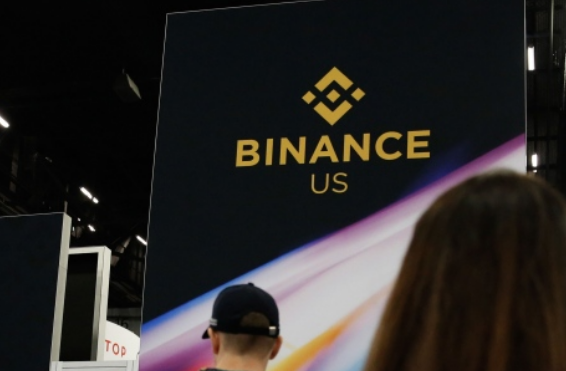Circle Accuses Binance of Stablecoin Irregularities
Circle, the company behind the USDC stablecoin, has notified New York’s financial watchdog about irregularities it uncovered in the blockchain data of Binance’s BUSD. The confidential information revealed that Binance was not storing sufficient cryptocurrencies in its reserve to support the tokens it had already issued through Paxos.
Did #USDC Issuer Circle Tip Off NYDFS On Binance’s #BUSD Irregularities?https://t.co/hmXAG2YGk4#cryptoworld #Crypto #cryptocurrency
— CoinGape News (@CoinGapeMedia) February 13, 2023
Circle-Binance Rivalry Intensifies
The news comes after the regulator instructed Paxos to stop issuing the Binance USD stablecoin due to “several unresolved issues related to Paxos” and its undefined relationship with Binance exchange regarding the branded stablecoin. This move has been seen as a significant blow to Binance, which has been trying to establish itself as a dominant player in the stablecoin market.
Many speculate that Circle’s tip-off to the regulator came after Binance reportedly stopped its support for USDC and started auto-converting them into BUSD. As a result of this move, Circle’s dominant share of the stablecoin market started to shrink. However, Coinbase also attempted to compete with Binance by launching a zero-fee swap for retail customers to exchange USDT for USDC. Coinbase worked with Circle in issuing the USDC stablecoin and is one of its founding members.
B-Token Irregularities Spark Concerns
Circle’s primary concern was that Binance was minting its own versions of third-party coins like Bitcoin and Ether, as well as Circle’s USDC and Paxos’s BUSD. These coins, referred to as Binance-peg or B-Tokens, were inconsistent with the 1:1 ratio proclaimed by the crypto exchange. This caused the B-Token version of Circle’s USDC to be impacted as well. On one occasion, Binance had just $100 million in stored collateral to cover the $1.7 billion in Binance-peg USDC.

As things stand, Circle’s USDC has roughly $40.8 billion in circulation while BUSD has around $15.8 billion. The competition between Circle and Binance has been dubbed as a “cold war for stablecoins.” The filing of a complaint to NYDFS against BUSD highlights the growing rivalry among market players in the stablecoin space. The outcome of this dispute will have far-reaching consequences for the entire crypto industry, and it remains to be seen how it will affect the stability of stablecoins in the future.



